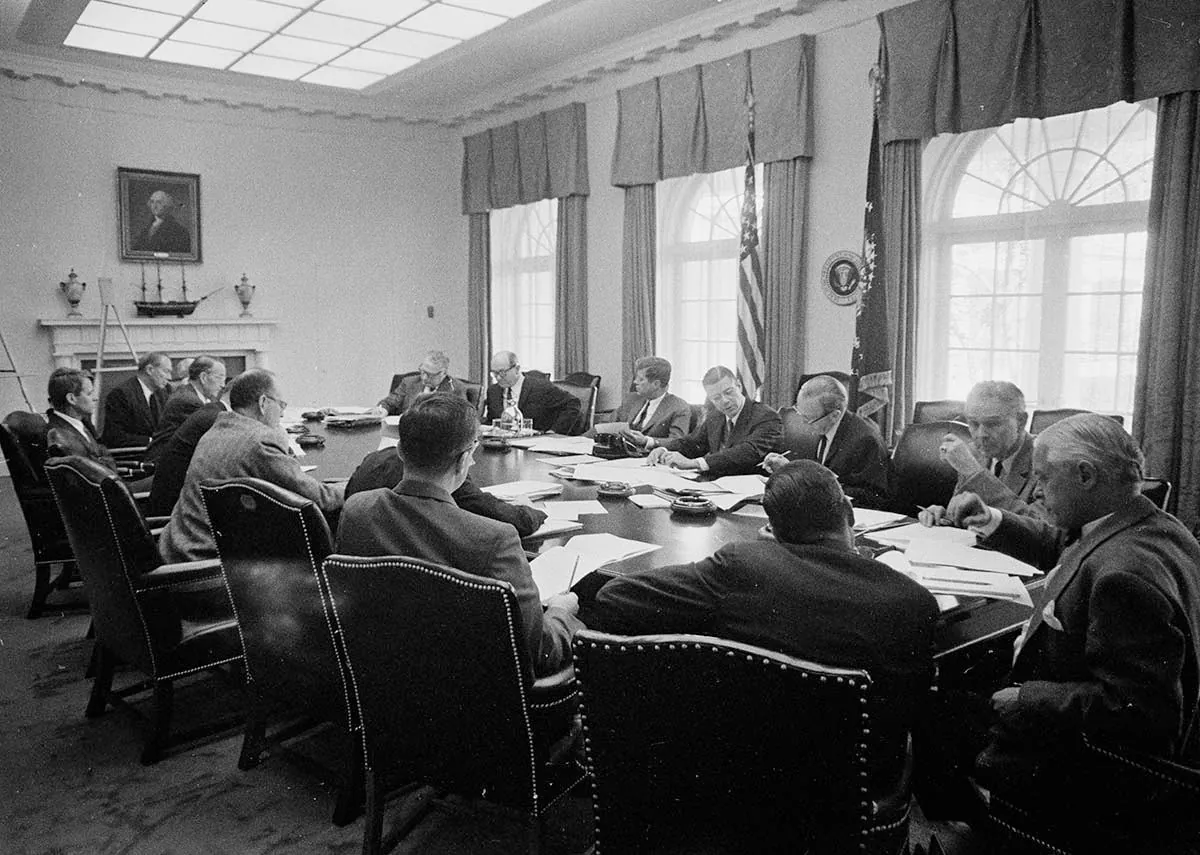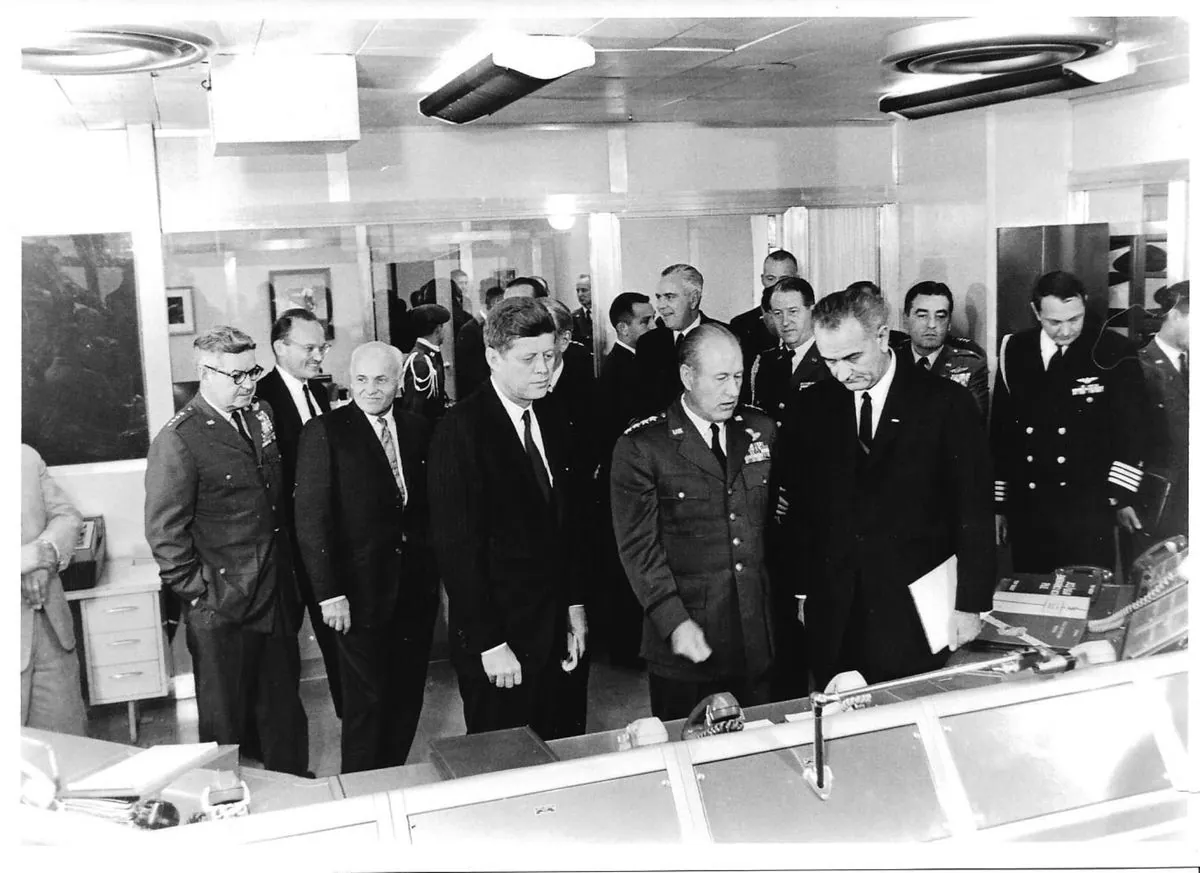Paul Nitze's Legacy: Lessons from a Cold War Strategist
Paul Nitze's focus on military strength shaped U.S. Cold War policy. His approach offers insights and warnings for current U.S.-China relations, highlighting the need for a balanced strategy beyond military superiority.

In the realm of U.S. foreign policy, Paul Nitze stands out as a prominent figure whose influence spanned decades. His unwavering focus on military strength shaped America's Cold War strategy, offering both valuable insights and cautionary lessons for today's policymakers.
Nitze's career in public service began during the Roosevelt administration and extended through the 1980s. His most significant contribution was the drafting of NSC-68 in 1950, a document that laid the foundation for U.S. Cold War strategy. This report advocated for a substantial increase in conventional military capabilities and a global approach to countering Soviet influence.
Throughout his career, Nitze consistently emphasized the importance of U.S. military superiority. He believed that American strength brought stability, while weakness invited instability. This perspective influenced his views on various historical events, from Japan's attack on Pearl Harbor to the Soviet invasion of Afghanistan in 1979.
"The avoidance of nuclear war is much more important than increasing welfare payments."
Nitze's ideas remain relevant in the current era of competition with China and Russia. The Biden administration's focus on building defense alliances in the Indo-Pacific and maintaining a robust military presence echoes Nitze's approach. However, the dangers of an unchecked arms race are also apparent, as demonstrated by the current lack of arms control agreements and China's nuclear buildup.

While Nitze's emphasis on military deterrence was influential, it had limitations. His focus on nuclear balance as the primary determinant of Soviet behavior overlooked other crucial factors. For instance, the resolution of the Cuban Missile Crisis in 1962 involved diplomatic concessions, not just military superiority.
The lessons from Nitze's career are particularly relevant as the U.S. faces a new era of global competition. While a strong defense posture is important, policymakers should be wary of overemphasizing military solutions. The Cold War was ultimately won through economic, technological, and ideological strengths, not just military might.
As the U.S. navigates its relationships with China and Russia, it's crucial to balance military preparedness with diplomatic engagement and economic strategy. The current focus on military buildup, reminiscent of the early Cold War years, should be tempered with efforts to establish arms control agreements and reduce the risk of conflict.
In conclusion, Paul Nitze's legacy offers valuable insights for modern policymakers. While his emphasis on military strength remains relevant, his story also serves as a reminder of the need for a multifaceted approach to global challenges. As we face a new era of great power competition, the goal should be to learn from history without being bound by it, striving for a balanced strategy that goes beyond military superiority alone.


































